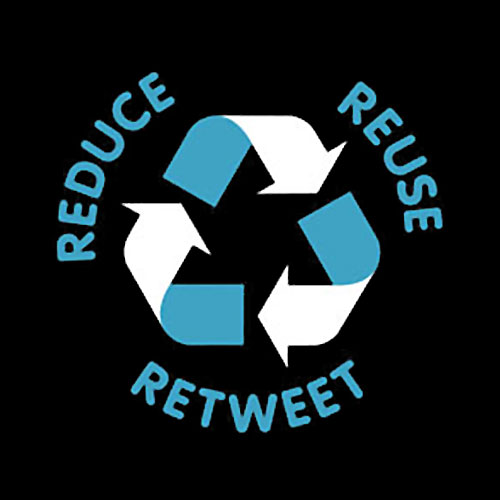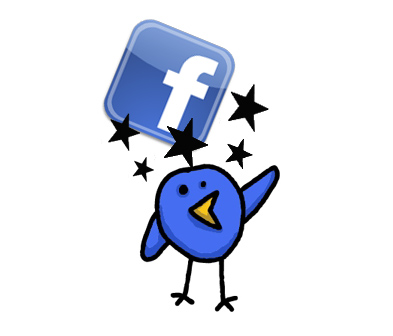Recently, my wife and I ate at a 5-star restaurant. It was a fantastic experience. you can read about it HERE.
For the first time, I started the meal off with an amuse bouche.
I had to Google it.

Amuse bouche is, according to Wikipedia HERE, a small, bite-sized hors d’oeuvres. Sounds pretty…un-filling, right?
It was.
But that wasn’t the point.
The point was for the chef to show his artistry and skill in combining flavors, textures, and temperature. It was for him to put his heart and soul into one bite, so that you take that bite and instantly see his skill, care, precision, and love of food.
And I’m pretty sure that social media is quite similar.
Social media as amuse bouche
Communicate more through communicating less. With Twitter, you have 140 characters. On my blog, I try to keep it less than 500 words. And that doesn’t mean that you can’t communicate much…it means that you’re required to craft your message to be consumed in one bite. So that, in one pass, a reader comprehends your message and knows what you’re calling them to.
It’s not intended to be a full meal. Don’t think that you have to flesh out a thesis in social media. Communicate one message clearly, and be okay with the fact that you’re not going to be able to dispel all arguments in 140 characters. That can’t be your goal…you don’t buffet-style an amuse bouche. If the thought takes more time and words to develop, consider spreading the post(s) out over the course of a few weeks. Think: bite-sized.
Pour your heart and soul into the effort. You only get one shot. One bite. One read. If you don’t capture their attention quickly, they’re gone, moving on to someone who has perfected the craft better than you. Highlight your artistry and creativity.
Use multiple ingredients that don’t apparently go together. In an amuse bouche, artistry is highlighted when the chef pairs flavors and textures that one wouldn’t naturally pair. Social media is strong when you challenge people to think differently about each aspect of life, drawing truth from environments and situations that others may overlook.
Do you tend to ingest social media in broad, quick passes?
Do you create social media knowing that this is how it’s consumed?




















Why? Why? Why?
I’m going to start posting more consistently on the topic of social media. Because I use it. And so do you.
How do I know?
You’re reading this blog right now.
You also likely use other forms of social media (platforms thriving on interaction around user-generated content), like
I wish I had all of the answers, but I often find myself with more and more questions when it comes to success in social media:
It’s questions like these that I wrestle with. They keep me moving forward, pursuing continued effectiveness online, and with my local ministry here in Clarksville. If I’m not moving towards an increasing effectiveness, it’s time for me to quit.
What social media questions are you wrestling with?
How do you measure effectiveness on your social media platforms?